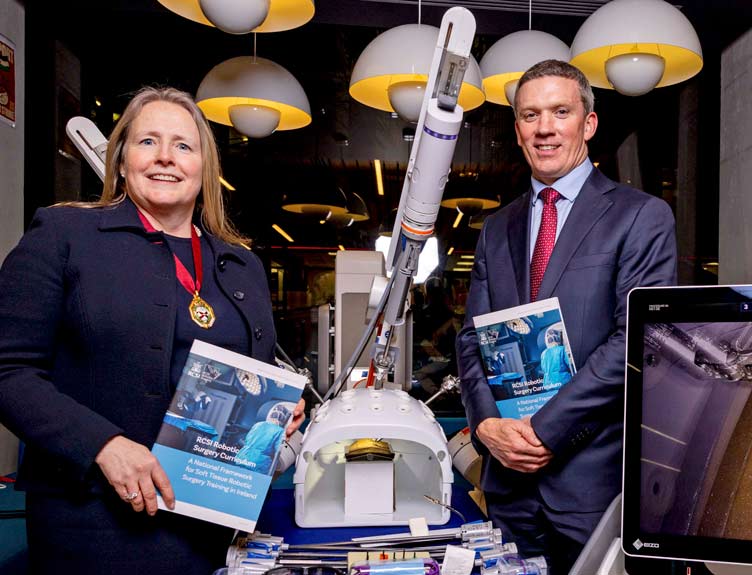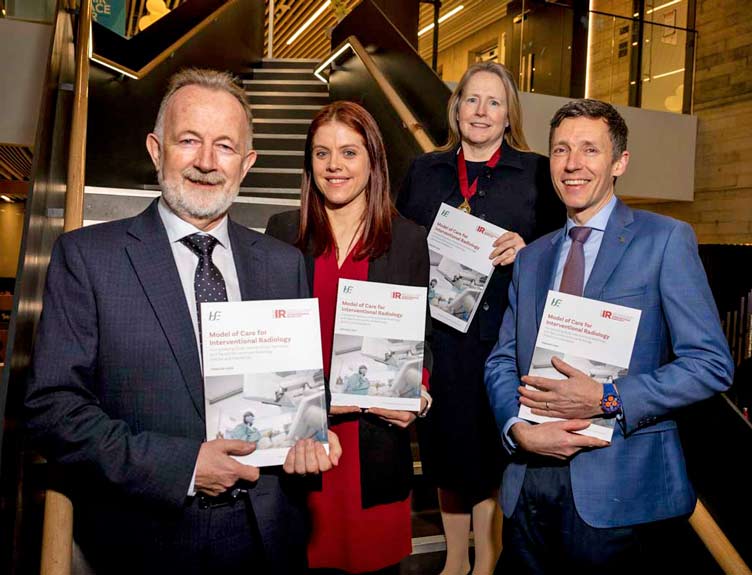RCSI study shows that new way of funding hospitals has little impact on hospital activity

A new study from the Healthcare Outcomes Research Centre at RCSI shows that there was no increase in day-case procedures or reduction in length of stay following the introduction of activity-based funding for gallbladder removal surgery across Ireland.
The study, published in Health Policy, is the first to evaluate the effects of two public hospital reimbursement policies: activity-based funding, and an additional price incentive specific to gallbladder removal surgery in Ireland.
This surgery, known as laparoscopic cholecystectomy, is a routine scheduled surgical procedure delivered in the public hospital system to approximately 3,000 public patients each year. It is a minimally invasive procedure and is deemed appropriate to be carried out as a day-case.
Activity-Based Funding (ABF) is a funding mechanism incentivising hospitals to deliver more efficient care and can be complemented by additional price incentives to further drive hospital efficiency. In 2016, ABF was introduced for public patients admitted to Irish public hospitals. Additionally, a price incentive to perform laparoscopic cholecystectomy as day-case surgery was introduced in 2018. This meant that hospitals got the same reimbursement for day-cases and inpatients, encouraging hospitals to treat more patients as day-cases.
No significant impact
Using hospital in-patient-enquiry data for 2013-2019, the research team analysed the impact of these funding changes in the proportion of day-case admissions and length of stay.
They found that the two funding policies had no significant impact on either outcome. This signifies that the implementation of the funding policies for laparoscopic cholecystectomy did not improve hospital efficiency.
Dr Gintare Valentelyte, Healthcare Outcomes Research Centre, RCSI is the lead author on the study. She said: “The goal of these new funding mechanisms is to encourage more effective hospital care. It is surprising that these funding mechanisms did not shift more patients to day cases and change length of stay. Our study indicates that it is difficult to implement new funding mechanisms that make hospital services more efficient.”
The Healthcare Outcome Research Centre is part of the RCSI School of Population Health. The research centre is dedicated to the development and dissemination of evidence-based research on healthcare outcomes that informs healthcare policy and improves patient outcomes.
The study was conducted as part of PhD research on the HRB Structured Population health, Policy and Health-services Research Education (SPHeRE) Programme at the School of Population Health, RCSI. It was funded by the Health Research Board.



